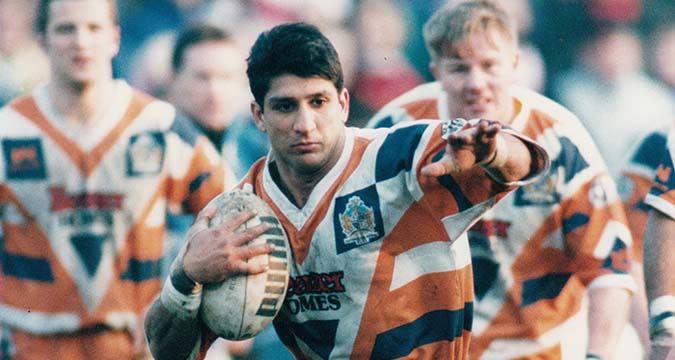 In part two of our interview with the former England winger Ikram Butt, he discusses his professional playing days, his time in prison and the charities and worthwhile causes he has represented.
Through his charity work and rugby development, Butt has met the Pope and Prince Charles. He has an honorary doctorate from Leeds Beckett University and
In part two of our interview with the former England winger Ikram Butt, he discusses his professional playing days, his time in prison and the charities and worthwhile causes he has represented.
Through his charity work and rugby development, Butt has met the Pope and Prince Charles. He has an honorary doctorate from Leeds Beckett University and Rugby League Heroes: Ikram Butt (Part 2)
 In part two of our interview with the former England winger Ikram Butt, he discusses his professional playing days, his time in prison and the charities and worthwhile causes he has represented.
Through his charity work and rugby development, Butt has met the Pope and Prince Charles. He has an honorary doctorate from Leeds Beckett University and
In part two of our interview with the former England winger Ikram Butt, he discusses his professional playing days, his time in prison and the charities and worthwhile causes he has represented.
Through his charity work and rugby development, Butt has met the Pope and Prince Charles. He has an honorary doctorate from Leeds Beckett University and 